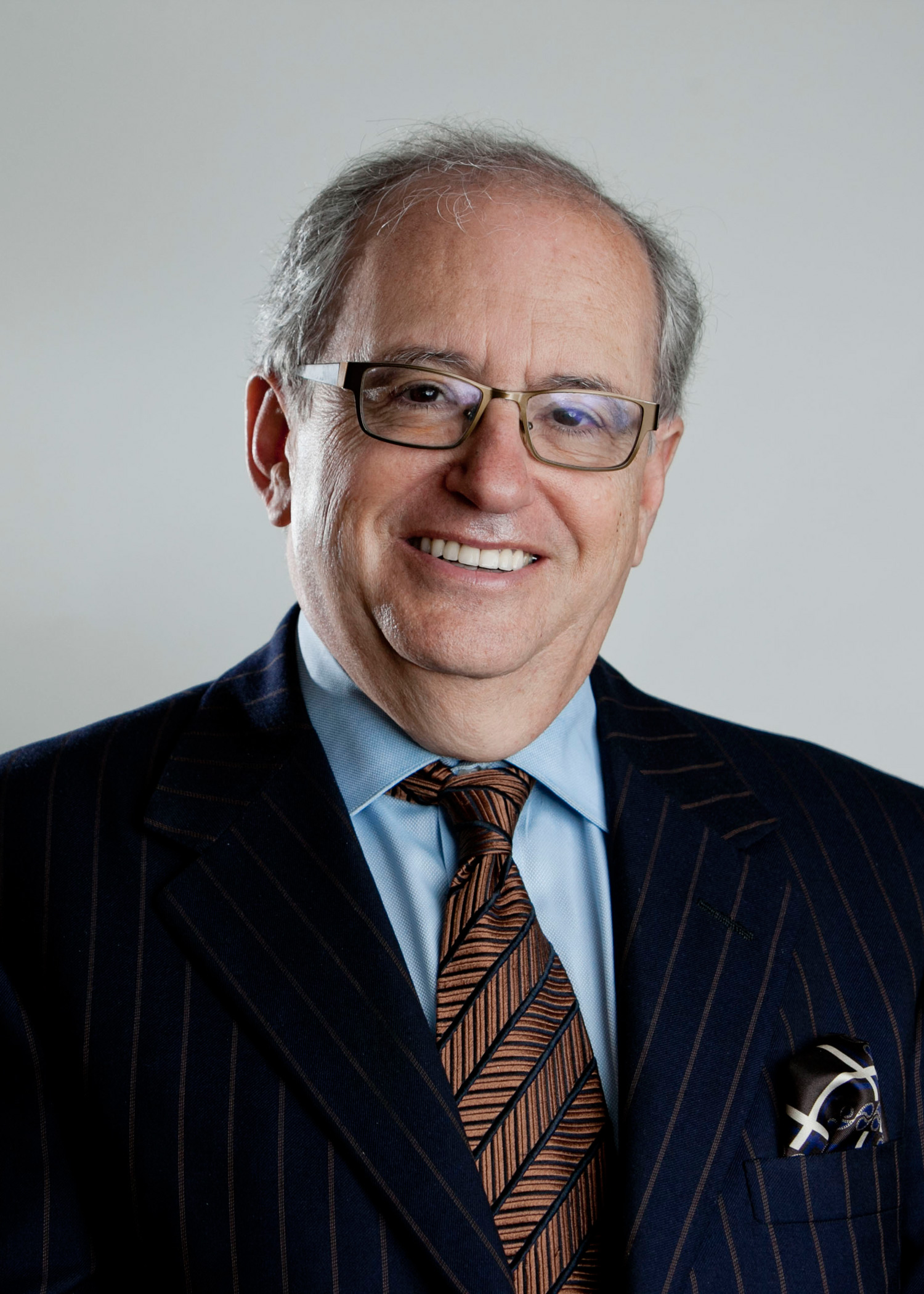So many parts of our criminal justice system are broken. Policing is at a crisis point across America and our mental health system is overwhelmed, especially in the wake of the pandemic. At one level, these three key elements of society are separate from another. But at another, they can be linked, and in the process find solutions to ameliorate the problems in all of them.
Of course, to start, the criminal justice system and serious mental illness are very directly linked; mass incarceration is the country’s de facto mental health care system. People suffering from mental illnesses are ten times more likely to be incarcerated than they are to be hospitalized. Every year, about 2 million arrests are made of people with serious mental illnesses (SMI). And many arrests result in shootings and sometimes unnecessary deaths of those with SMI by police who are not trained to recognize a mental illness and to deescalate rather than escalate.
More than 70 percent of people in our jails and prisons have at least one diagnosed mental illness or substance-use disorder or both. A lion’s share of those with SMI self-medicate with drugs, and often are subject to the mandatory minimum sentences that are the legacy of the U.S. government’s War on Drugs campaign. Our jails generally do nothing to help people recover—and many of those with SMI fall into a cycle of arrest, imprisonment, release onto the streets and homelessness, and rearrest and imprisonment.
This is not just inhumane; it is ridiculously costly. In Miami-Dade County, Florida, for example, it costs over $100,000 a year to warehouse a person with mental illness in jail—but less than $20,000 per year to provide mental health services to an individual. The same pattern prevails nationwide—far more tax dollars spent to incarcerate than to treat. And while treatment is far from foolproof, it can make a huge difference for people with SMI, providing stable lives for many.
My family had its own experiences with a broken system as our son Matthew went through ten years of agony after a psychotic break at age 24. He had, as part of his brain disease, something called anosognosia, a lack of insight into the reality that he was ill. Operating withing the system meant that we, as parents, could not do anything to get him help or treatment, and he ultimately died, at age 34, accidentally of carbon monoxide poisoning, something that would not have happened were it not for his illness. In the aftermath of this tragedy, we created a foundation in his memory and began to delve more deeply into the nature of mental illness and how we treat it.
Along the way, we encountered a remarkable judge, Steve Leifman, who for more than twenty years has transformed the way the Miami-Dade County criminal justice system and police deal with those with mental illnesses, finding ways to save lives and save money at the same time. We went to Miami, saw his program firsthand, realized that these best practices were not widely shared nationally, and decided to make a documentary about this intervention model to spread its impact and be shared everywhere. That documentary, The Definition of Insanity, aired on PBS and is available to watch at no-cost here: www.doifilm.com.
Judge Leifman created a diversion program for those arrested for misdemeanors or non-violent felonies who have a history of mental illness; those charged are given a choice of going to trial or going into a program where they are given a place to live and provided wrap-around services, including a social worker, mental health professional, and peer counselor in an individualized program that can include job training. If they follow the program for over a year, their records are expunged and many go on to lead stable and productive lives. Prosecutors, defense counsel, other judges and corrections officials, often adversaries in our system of justice, have all become partners in this endeavor. So has the largest local provider in the health care system that focuses on mental health needs, the Jackson Health System. Now, Judge Leifman, in partnership with Jackson Health System, is building a first of its kind facility that will be a one-stop shop for caring for the widest variety of those with mental illnesses, which will itself be even more transformative for the community.
More than 7,600 police officers in Miami-Dade county have been trained in crisis intervention team techniques via a program developed in Tennessee, and the number of arrests has been cut in half along with a dramatic decline in shootings during encounters with people with mental health conditions. As a result, the county closed one of its three main jails at a savings of $12 million a year, and saved taxpayers hundreds of millions of dollars in wrongful death and assault suits. At the same time, police with post-traumatic stress disorder and other issues of their own are now being treated outside their departments, changing the culture within the department.
Every community, of course, has different resources and different needs. But showing that there are best practices, and ways to improve all these systems, can make a huge difference. As the challenges grow in the aftermath of the COVID-19 pandemic, adopting new ways of dealing with these problems becomes more urgent.
To learn more, please join us for a virtual discussion on July 15, 2022.

